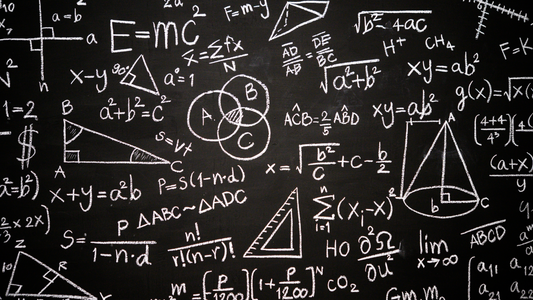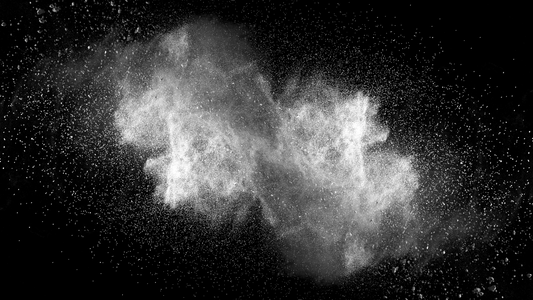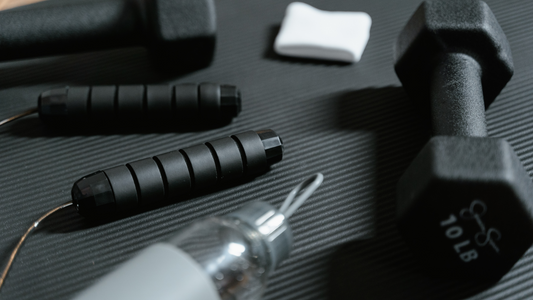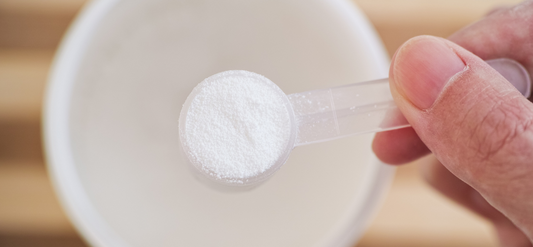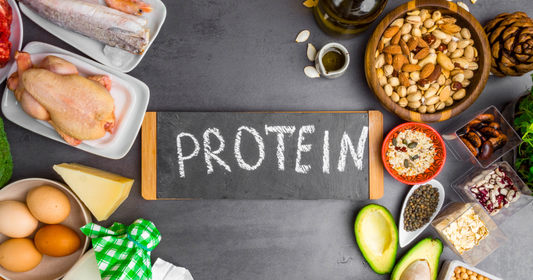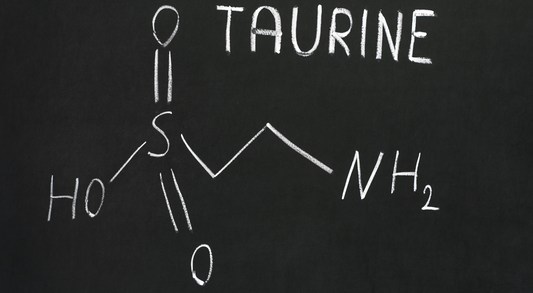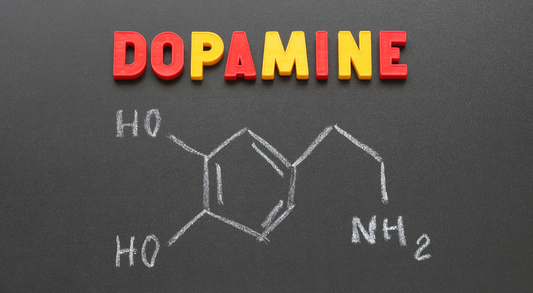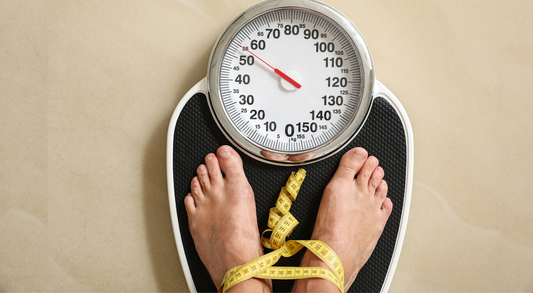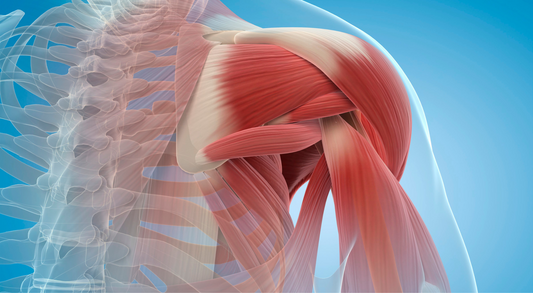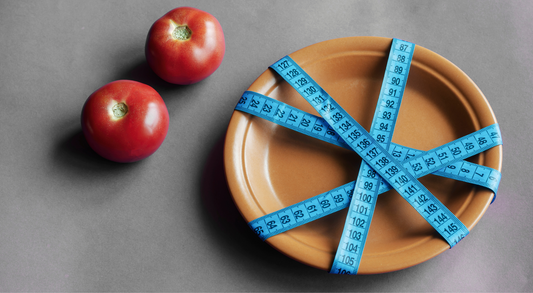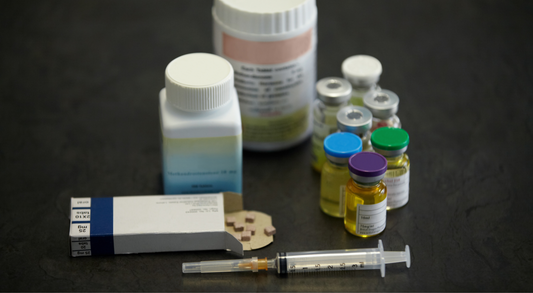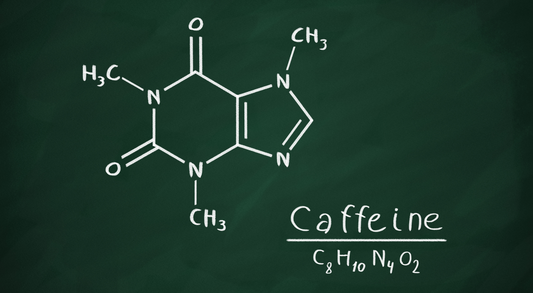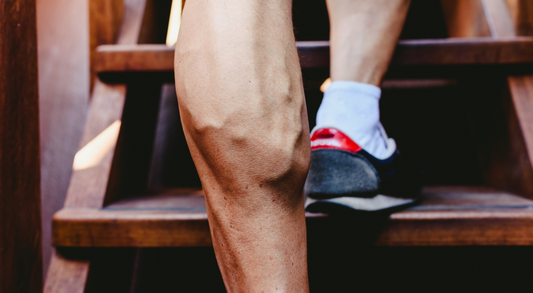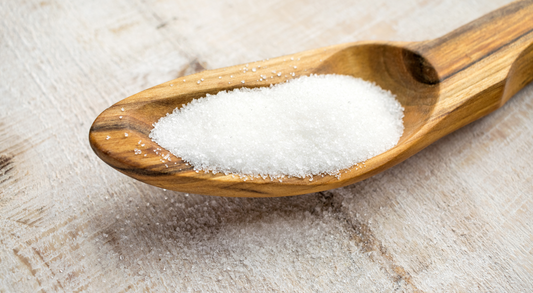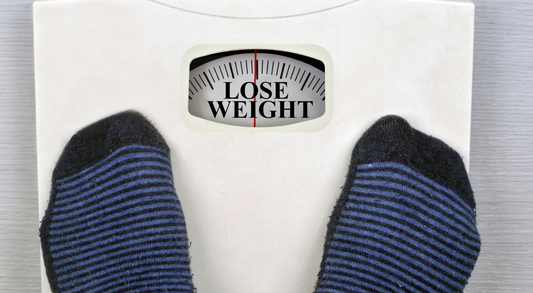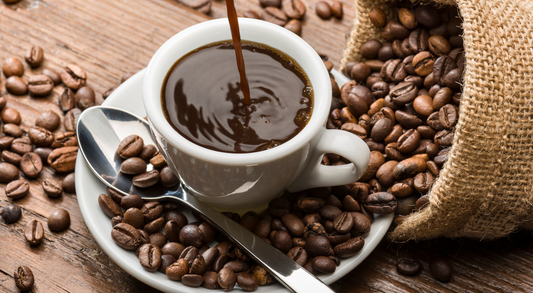Balancing muscle gain and fat loss - a process known as body recomposition - is a key aim for many fitness enthusiasts. It's a complex journey, but with the right approach, it's entirely feasible.
Understanding Body Recomposition: The Basics
Body recomposition is the process of simultaneously losing fat and gaining muscle. Rather than focusing on weight loss or muscle gain separately, body recomposition combines these goals, making for a holistic approach to fitness. This requires a meticulous plan encompassing diet, exercise, rest, and certain lifestyle modifications.
Diet: A Macros-Centric Approach for Body Recomposition
Diet plays an integral role in body recomposition. The key is consuming a diet with the right balance of macronutrients - proteins, fats, and carbohydrates.
Protein: The Building Block
A high-protein diet is pivotal for body recomposition. Protein provides the necessary building blocks for muscle repair and growth, and it helps to maintain lean muscle mass during a caloric deficit. The exact amount of protein intake varies depending on individual factors, but a general guideline is to consume 1.6 to 2.2 grams of protein per kilogram of body weight.
Fats and Carbohydrates: The Energy Suppliers
While proteins might be the star of the show, fats and carbohydrates play crucial supporting roles. Both fats and carbohydrates provide the necessary energy for workouts. Additionally, certain fats (such as omega-3 fatty acids) and carbohydrates (particularly complex ones) support overall health and muscle recovery.
Training: Incorporating Both Strength and Cardio
Training for body recomposition involves a balance between strength training and cardiovascular exercise.
Strength Training: The Muscle Builder
Strength training is a non-negotiable aspect of body recomposition. By lifting weights, you stimulate muscle growth and increase your resting metabolic rate, which aids in fat loss. Moreover, strength training helps to preserve muscle mass during a calorie deficit.
Cardio: The Fat Burner
Cardio workouts, while primarily known for burning calories, also play a role in creating a lean physique. Regular cardio can increase your total daily energy expenditure, leading to increased fat loss. It's crucial to find a balance between cardio and strength training to prevent muscle loss.
Rest: The Silent Player in Body Recomposition
Rest, often overlooked in fitness regimens, is a key factor in body recomposition. Quality sleep and rest days give your body time to repair, recover, and grow. This aids muscle growth and also keeps your hormone levels in check, supporting both fat loss and muscle gain.
Consistency and Patience: The Long-Term Commitment
It's vital to remember that body recomposition is not a quick process. It demands consistent effort, dedication, and patience. Your body needs time to adapt to dietary and workout changes, so focus on gradual improvements rather than quick fixes.
Supplements: The Extra Push
While diet and exercise form the foundation of body recomposition, supplements can provide an added boost. Protein powders, branched-chain amino acids (BCAAs), and creatine are popular options that can support muscle recovery, stimulate growth, and provide energy for intense workouts. Remember, supplements are meant to complement your diet and exercise routine, not replace them.
Mastering the Art of Body Recomposition
Mastering the delicate balance of muscle gain and fat loss requires a thoughtful, consistent approach and an appreciation of the journey itself. It's not just about diet or exercise alone; it's about integrating all these elements - diet, exercise, rest, and supplements - into a cohesive, sustainable plan.
Keep in mind that body recomposition is a marathon, not a sprint. Commit to the process, remain consistent, and celebrate each step of your transformation journey!


